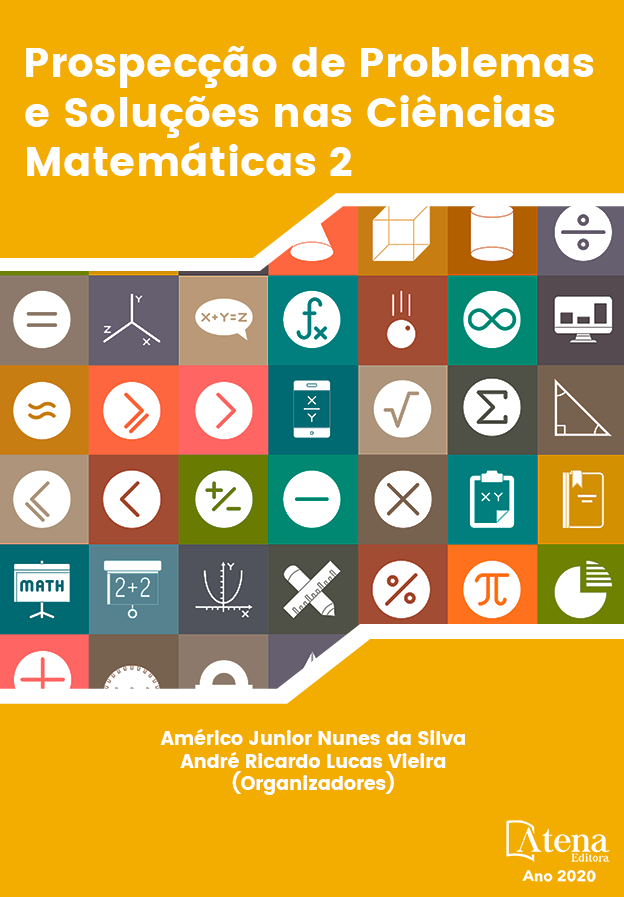
A REGRA DE TRÊS E O ENSINO DE PROPORCIONALIDADE COM FUNDAMENTOS NA PROPOSIÇÃO CINCO DO LIBER QUADRATORUM
Neste trabalho, pretendemos apresentar alguns ajustes que julgamos ampliar a discussão, mantendo a originalidade das ideias, realizada em artigo publicado cujo propósito foi buscar na proposição 5 do Liber Quadratorum fundamentos que permitam apresentar a Regra de Três como dispositivo didático eficaz, uma ferramenta de modelização matemática para auxiliar o estudo da noção de proporcionalidade geométrica. Para isso, buscamos na História da Matemática uma abordagem metodológica aliada à noção de praxeologia. Os resultados mostram a Regra de Três como um dispositivo didático para iniciação ao estudo da proporcionalidade geométrica por meio da modelização matemática possível na educação básica e, consequentemente, um dispositivo eficaz de formação de professores e com potenciais didáticos.
A REGRA DE TRÊS E O ENSINO DE PROPORCIONALIDADE COM FUNDAMENTOS NA PROPOSIÇÃO CINCO DO LIBER QUADRATORUM
-
DOI: 10.22533/at.ed.62020080915
-
Palavras-chave: Liber Quadratorum. Praxeologia. Modelização Matemática. Proporcionalidade. Regra de Três.
-
Keywords: Liber Quadratorum. Praxeology. Mathematical Modeling. Proportionality. Rule of Three.
-
Abstract:
In this work, we intend to present some adjustments that we believe to expand the discussion, maintaining the originality of the ideas, carried out in a published article whose purpose was to seek in the proposition 5 of the Liber Quadratorum the foundamentals that allow presenting the Rule of Three as an effective didactic device, a modeling tool mathematics to assist the study of the notion of geometric proportionality. For this, we seek in the History of Mathematics a methodological approach combined with the notion of praxeology. The results show the Rule of Three as a didactic device to initiate the study of geometric proportionality through possible mathematical modeling in basic education and, consequently, an effective device for teacher training and with didactic potentials.
-
Número de páginas: 16
- José dos Santos Guimarães Filho
- João Cláudio Brandemberg
- DENIVALDO PANTOJA DA SILVA


